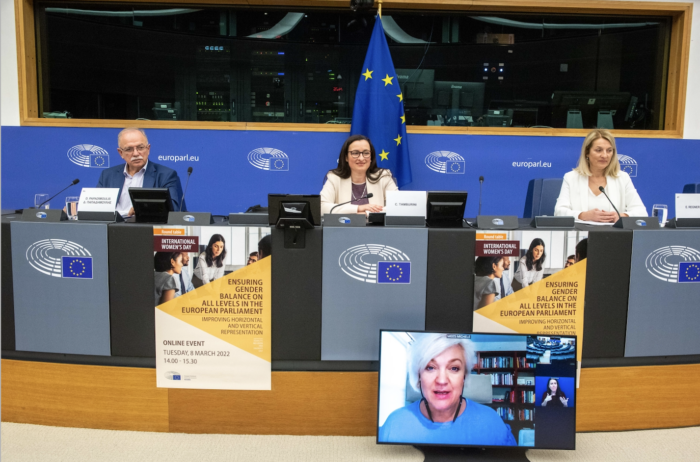The Progressive Post
The EU: A ‘holding environment’ for social investment reform?

For national politicians wishing to break away from the failed ‘e-client market hypothesis’, investment in social policy positively re-legitimises the role of the state in the (mixed) economy, drives up standards in family policy, education, and employment services and embeds all of this in a policy agenda of inclusive growth.
Over the past decade, the notion of social investment has gained considerable traction in debates about the future of the welfare state. Social investment is about long term investment in social policies. It was given a ringing endorsement by the European Commission in its Social Investment Package for Growth and Social Cohesion in 2013. In that policy paper, the Commission urged EU Member States to advance post-crisis welfare reform strategies that help ‘prepare’ individuals, families and societies to respond to the changing nature of social risks in advanced economies, by investing in human capabilities from early childhood through old age, rather than pursuing policies that merely ‘repair’ social misfortune after moments of economic or personal crisis. Examples of social investment include spending hikes on child and family policy, parental leave and active labour market policies.
Growing interest in social investment
There is evidence too that the tide is turning in terms of the thinking about social investment. For example, the OECD and the World Bank, which used to be champions of neoliberal ‘structural reforms’, today argue that well-calibrated social investment oriented welfare policies boost growth, employment, productivity and social protection for everyone.
Looking ahead to the future, Europe is in dire need of a growth strategy that is economically viable, politically legitimate and seen as socially fair. However, given the magnitude of the hangover of the sovereign debt crisis and the dismal experience of social investment reform in Southern Europe prior to the Euro crisis, there are no quick fixes.
Looking ahead to the future, Europe is in dire need of a growth strategy that is economically viable, politically legitimate and seen as socially fair.
For social investment policy priorities to survive politically in the new hard times ahead, the EU must, first and foremost, break with the policy legacy of relegating social investment reform to being a ‘handmaiden’ to neoliberalism – wise to pursue when the economy expands, but prohibited when the chips are down.
EU institutions can play a supporting role
The EU should be seen as a union of national welfare states and not as a social union. The role of EU institutions is to operate as a ‘holding environment’ within which national welfare states can prosper. The notion of a ‘holding environment’ refers to zones of resilience, based on shared values and a common purpose matched by competent institutions, in times of painful adaptation. The function of a ‘holding environment’ is to mitigate stress, but also to maintain pressure to mobilise, rather than overwhelm its members, and to back up progress on tough problems.
Discount social investment polices from the Stability and Growth Pact?
My concrete proposal is to discount social investment policies, in the area of human capital stock, from the fiscal criteria of the Stability and Growth Pact and the Fiscal Compact, in order to clear the necessary fiscal space within a bound of 1 to 2 percent of GDP for the coming decade. This should be closely monitored through the European Semester in terms of effective alignments with labour market regulation and relations that ease labour market transition for individuals and families and strong (universal) social security reform across Euro-member states. For countries struggling to commit to a balanced budget without trampling on their domestic social commitments, such exemptions could foster immediate gains in early childhood, female employment, improved work-life balance, and reduced levels of early school leaving, with positive medium-term outcomes in employment, educational attainment, and pension cost-containment.
The role of EU institutions is to operate as a ‘holding environment’ within which national welfare states can prosper.
Politically, this would require Germany, the Netherlands, Austria and Finland to come down from their ‘high horse’ of austerity. The fundamental political reason why the social investment paradigm can no longer dismissed as ‘fair weather’ politics is that economic stagnation, high (youth) unemployment and rising poverty and inequality are the breeding grounds for xenophobic populism, Brexit and Trump, and … the demise of the EU.




